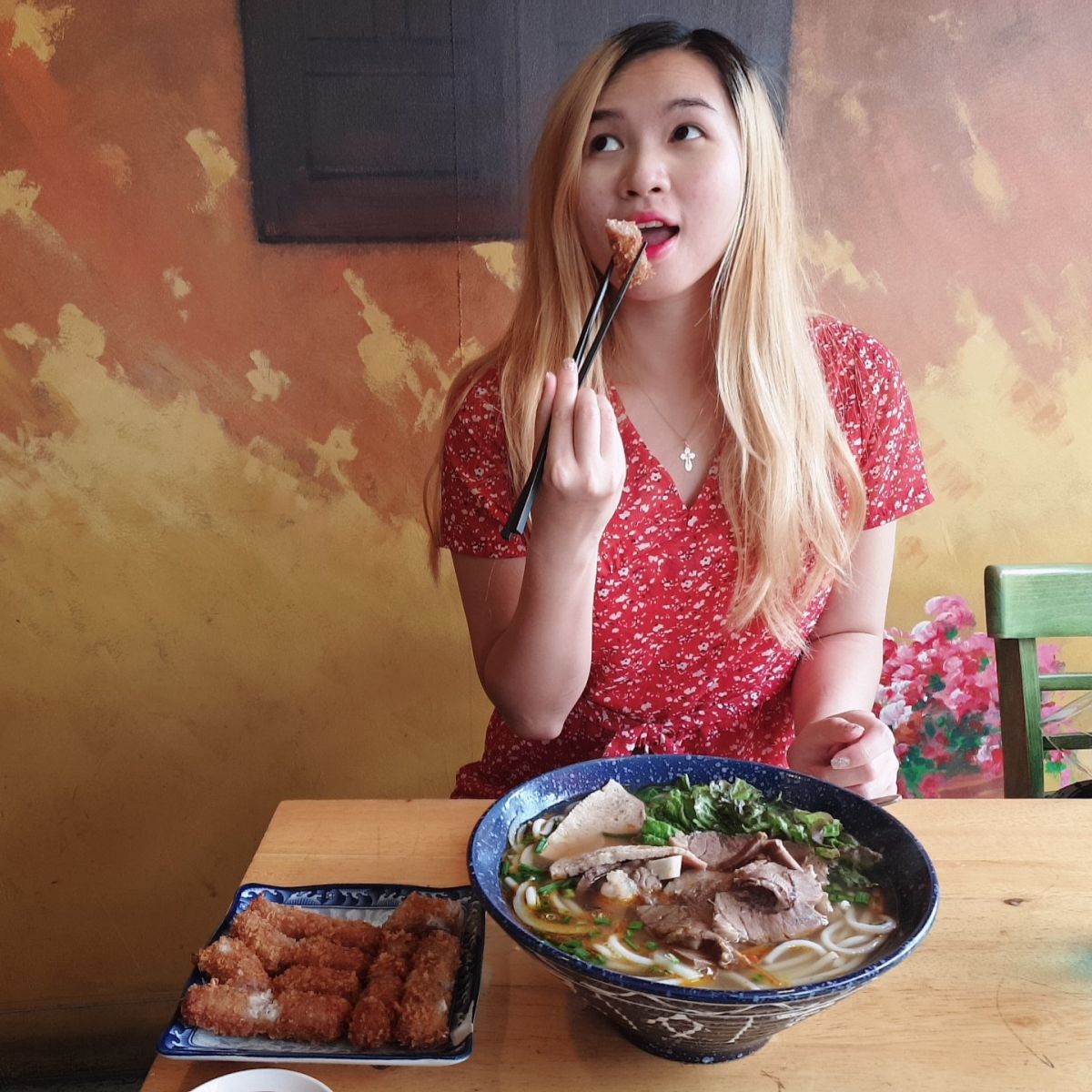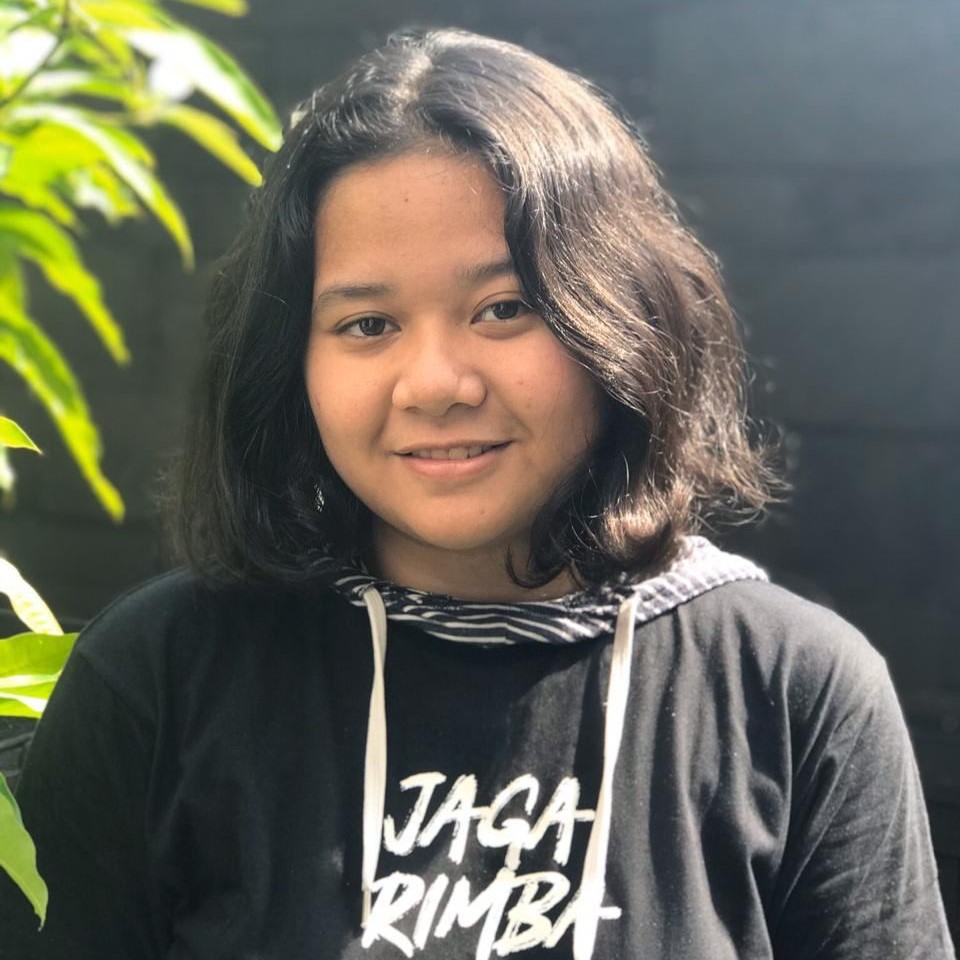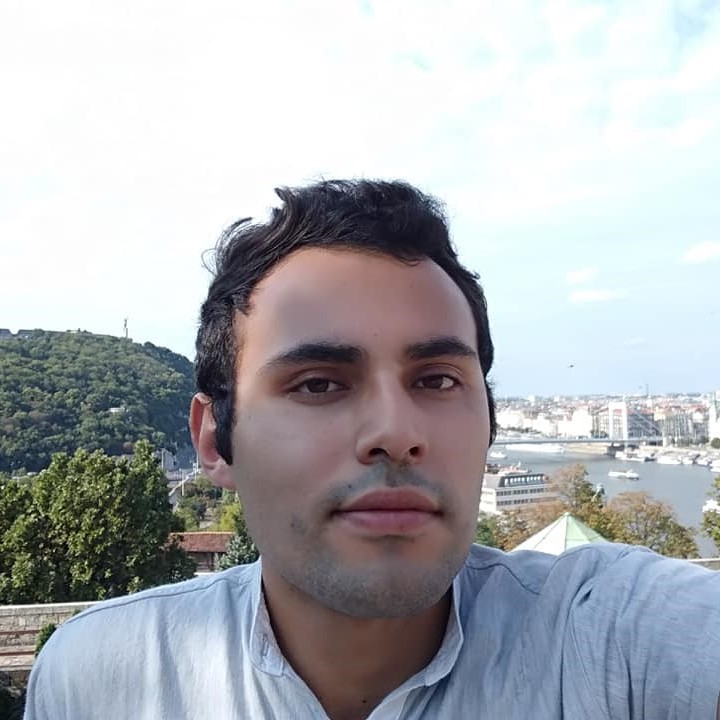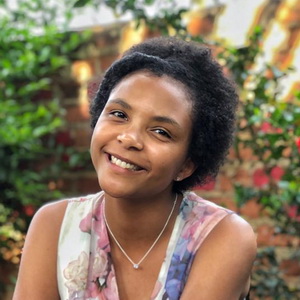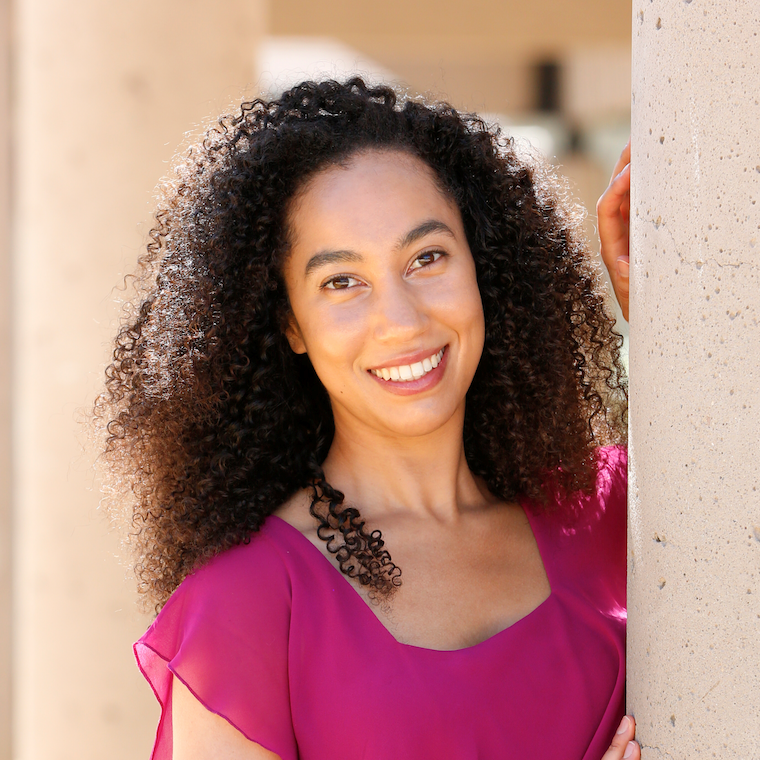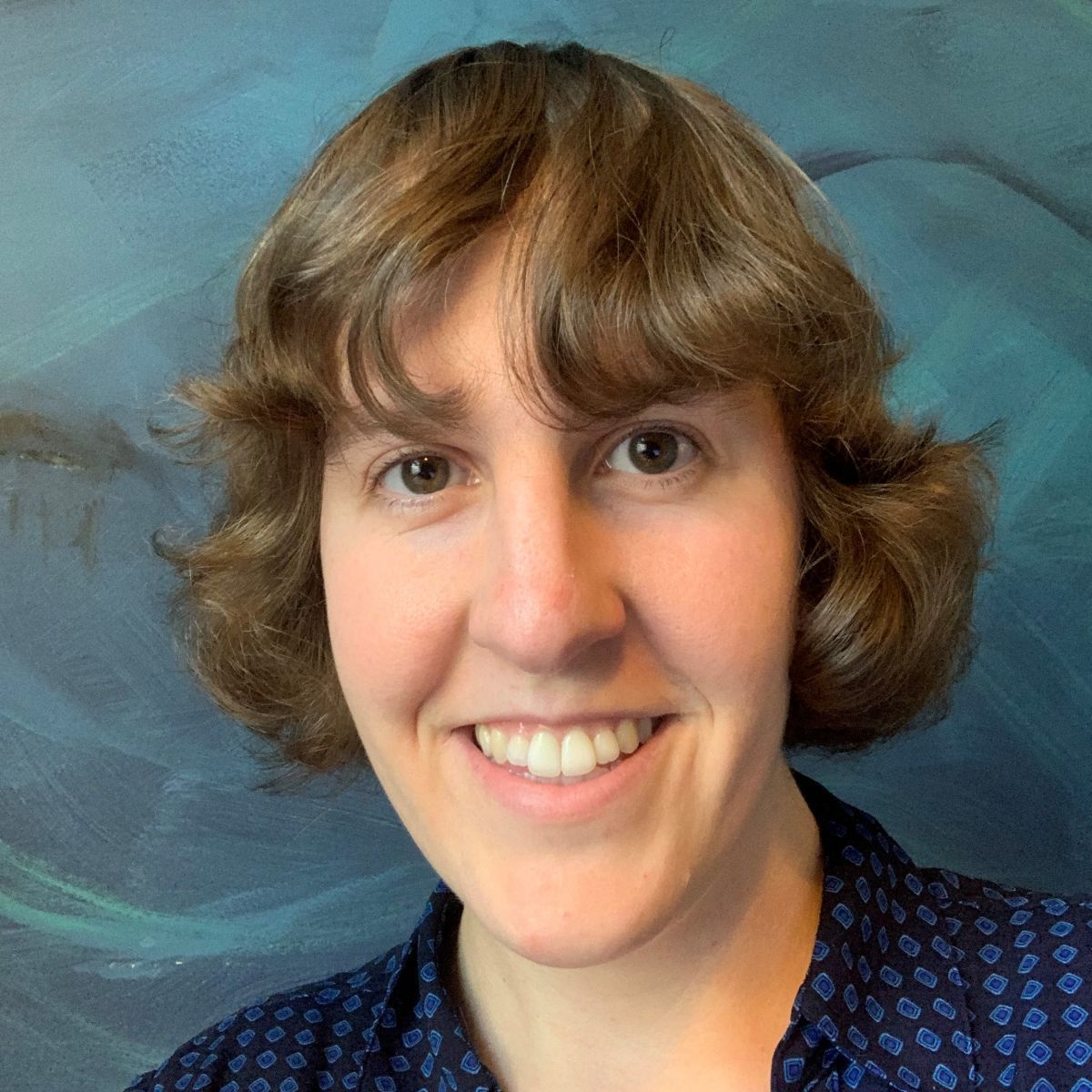When Air Pollution Turns Heaven to Hell
On many days, smog hides the buildings and covers the cars.
South Korea, Eastern Asia
Story by Nhi (Christie) Pham. Edited by Melaina Dyck
Published on June 14, 2021.
Reading time: 4 minutes
This story is also available in 


During my 5 years in South Korea, I have experienced the beauty of the country in every season. Romantic cherry blossoms, sunny beaches, gorgeous maple trees, and snowy mountains make Korea heaven in many people’s hearts. Seoul is beautiful on a clear day, when you can see the blue sky and the green mountains from the urban streets. But, on many days, you can barely see the buildings because of smog. Those are the days when the AQI (Air Quality Index) describes the air as “hazardous” and furniture and cars are covered in dust after a wind blows by.
Fine dust exists in the air all year round, but when the air is dry, the concentrations of ultra-fine and fine dust surge to dangerous levels for days or even weeks. Fine dust is a serious health threat as it contains nitrates, black carbon and mineral dust. It is small in size and not visible. It can easily bypass people's noses and throats, penetrate the bloodstream and cause damage to organs. I personally experienced the negative effects of air pollution in South Korea when I started to get symptoms of serious dust allergies after moving to the country. My eyes got so itchy and red on polluted days that I had to visit the doctor for medicines. I was surprised when the doctor acted as though my symptoms were common in that season.
Respiratory symptoms gave me stress and anxiety.
My symptoms got worse. I started to have trouble breathing and developed chest pains. Since Korea was dealing with the Covid-19 pandemic at that time, the respiratory symptoms gave me a lot of stress and anxiety. I got diagnosed with rhinitis and acid reflux due to a fine dust allergy and stress. At that time, I really wanted to leave Korea because of my health concerns.
During the dust season, it is common to see emergency messages with air pollution alerts that advise people to refrain from doing outdoor activities and to take public transportation instead of personal cars. There is also a surge in the sale and promotion of fine-dust-related products such as KF95 masks and air purifiers. Fine dust has become a part of people’s everyday life. Living here means that you have to be prepared for and get used to dust. Whenever the air pollution is on alert level, expats share their frustrations, and even say they intend to leave the country, because their heaven becomes hell.
Many South Koreans blame China for creating the smog-like conditions. I spot phrases such as, “Chinese yellow sand is coming” (중국 황사 몰려온다) and “fine dust because of China” (중국탓 황사) in Korean news reports. However, through research conducted by NASA and Korea’s National Institute of Environmental Research, I learned that Korean factories, construction, ships and power points contribute more fine dust than overseas sources. In order to cope with the problem, Korea is making an effort to raise awareness among residents about environmental problems and encouraging people to take actions through their daily routines. The government has waived subway and bus fees when the level of fine dust is high, shut down parking lots, and built more bike paths and pedestrian-only zones to increase environmentally-friendly transportation. Recently, I also spotted more electric buses. Seeing their effort and progress in reducing fine dust problems and air pollution, I reconsidered my decision to leave the country. I hope that in the next decade, Korea will boast blue skies and clean air every day.
References
Korea Air Pollution Control Industry overview, best prospects, trade shows and contacts, 2020, International Trade Administration, https://www.trade.gov/knowledge-product/korea-air-pollution-control
Seoul's Answer to a Pollution Crisis: Free Public Transit, 2018, Bloomberg CityLab, https://www.bloomberg.com/news/articles/2018-01-24/seoul-tackles-air-pollution-with-free-public-transit
Chinese Yellow Dust Or Korean Factory Fumes? NASA Teams Cruise For Clues, 2016, Forbes, https://www.forbes.com/sites/donaldkirk/2016/05/13/yellow-dust-from-china-or-korean-industry-nasa-scientists-sample-skies-for-sources-of-pollution/?sh=5a3f07dc6047
미세먼지: 당신이 알아야 할 6가지 사실, 2018, BBC News KR, https://www.bbc.com/korean/news-43524873
미세먼지-배출-정보와-발생-원인을-알고-싶다면, 2021, The Science Times news, https://www.sciencetimes.co.kr/news/
계절별 평균, 2020, Seoul Atmospheric Environment Information, https://cleanair.seoul.go.kr/statistics/seasonAverage
How does this story make you feel?
Follow-up
Do you have any questions after reading this story? Do you want to follow-up on what you've just read? Get in touch with our team to learn more! Send an email to [email protected].
Talk about this Story
Please enable cookies to view the comments powered by Disqus.
Subscribe to our Monthly Newsletter
Stay up to date with new stories on Correspondents of the World by subscribing to our monthly newsletter:
Tags
Topic: Environment
> India
We Can’t Breathe: Story of a Pollution Migrant
A story by Piyush Dhawan
4 min English Audio available
We have lost the right to breathe fresh air. We must transform all the elements of the take-make-waste system to build thriving cities. Read more...
> Indonesia
I Am Not the Indonesian Greta Thunberg
A story by Salsabila (Abil) Kairunissa
4 min
I decided to step out from school last year and strike in front of the Ministry of Environment and Forestry Office every Friday. Calling me “the Indonesian Greta” erases my narrative and those of other youth activists from the Global South. Read more...
> Iran
My Relation to Water, Snow and Drought
A story by Mani Nouri
5 min
Time is ticking, and we must do anything in our hands to save water, the very source of life. Read more...
Explore other Topics
Get involved
At Correspondents of the World, we want to contribute to a better understanding of one another in a world that seems to get smaller by the day - but somehow neglects to bring people closer together as well. We think that one of the most frequent reasons for misunderstanding and unnecessarily heated debates is that we don't really understand how each of us is affected differently by global issues.
Our aim is to change that with every personal story we share.
Community Worldwide
Correspondents of the World is not just this website, but also a great community of people from all over the world. While face-to-face meetings are difficult at the moment, our Facebook Community Group is THE place to be to meet other people invested in Correspondents of the World. We are currently running a series of online-tea talks to get to know each other better.











